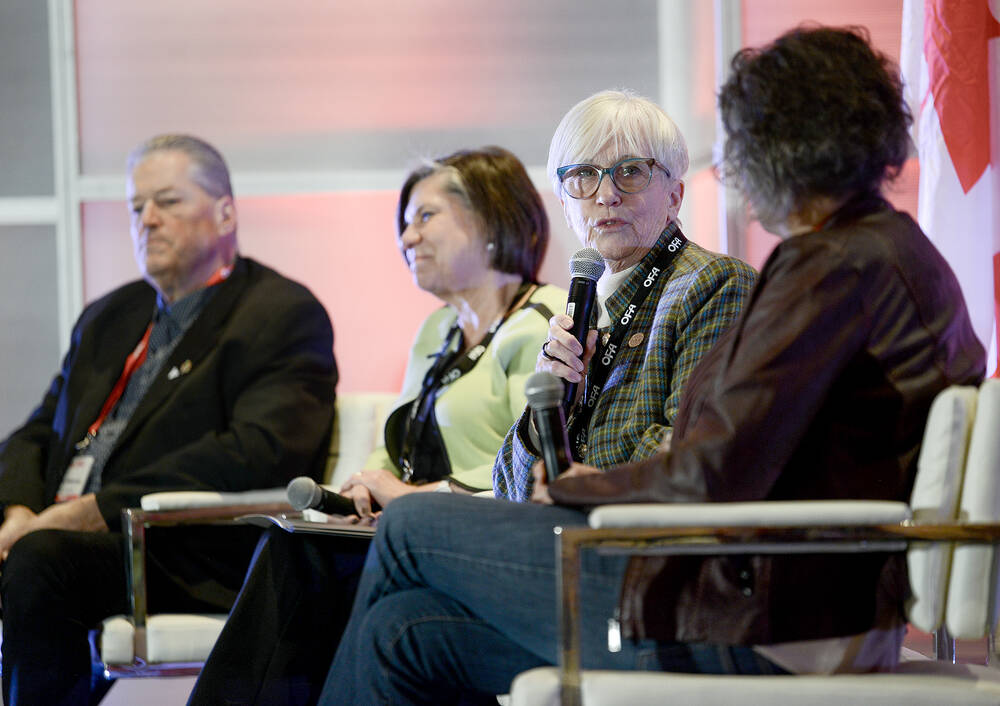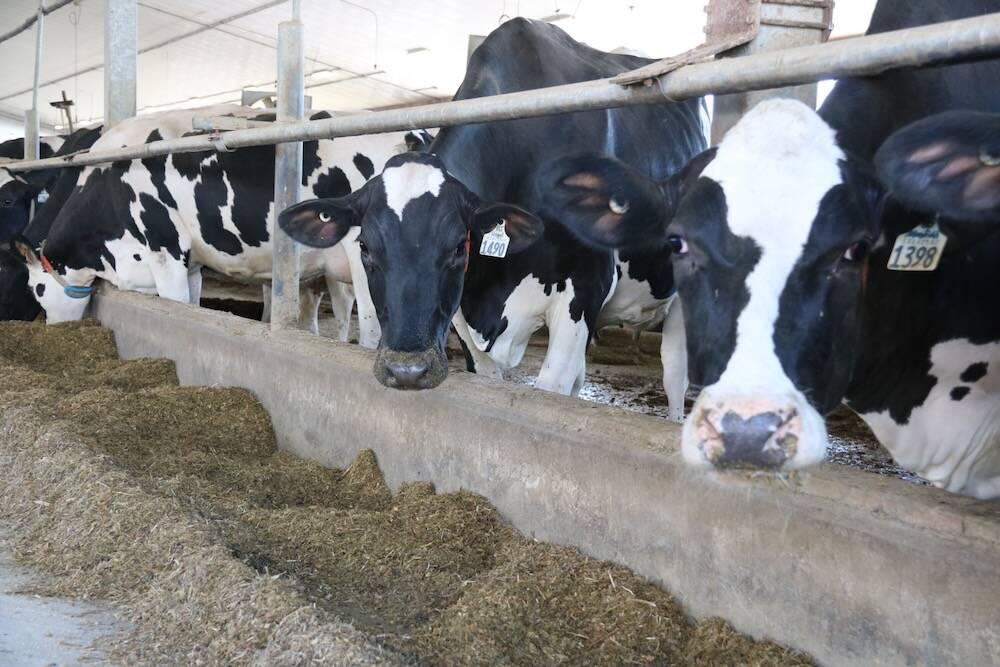Effective advocacy hinges on strong municipal relationships

Those interested in building a positive relationship with local municipal council should begin with the chief administrative officer.
Read Also

Supply management: a system that works
Former Ontario Minister of Agriculture, Food and Rural Affairs Jeff Leal writes that supply management is a proven system that works.
“(If you) do not engage the CAO beforehand, you’re coming in cold, and your council is cold,” said Robin Jones, president of the Association of Municipalities of Ontario and mayor of Westport, during a panel discussion at the Ontario Federation of Agriculture annual meeting in November.
Why it matters
An effective municipal delegation strategy can be the difference between successfully presenting an issue and missing an opportunity to engage local government.
Depending on the community, the CAO or CEO is often the best person to advise on building a strong presention for the council.
“Share what you want to take to council, and 99.9 per cent of the time, (they’ll) give you really good advice on how to manage,” Jones said.
“Many of the issues that affect all of us on our farms today are municipal,” said Drew Spoelstra, OFA president. “(This panel) gives you the tools, tips and confidence to make your voice heard.”
The panelists agreed on several best practices, including having a clear ask, offering solutions, preparing information packages, maintaining genuine communication and leveraging community engagement.
It is important to have a knowledgeable person address questions, even if they aren’t perfect speakers, because genuine passion and informative answers matter, the panelists said.
Lucan Biddulph Mayor Cathy Burghardt-Jesson said the request should be specific and can be as simple as asking permission to post information on the municipalities’ social media accounts or website. Not all delegations have to focus on a complaint. They could also highlight a feel-good story or event.
Albert Witteveen, a Niagara Region municipal councillor and West Lincoln farmer, advised that if a complaint is brought to the council, a solution and direction should be presented.
“Then, usually, the council will take ownership of that,” he said. “That’s part of what a successful delegation is – to make that council feel like they want to be owners of the situation and the solutions.”
Understanding and respecting council procedures is critical, whether it’s adhering to deadlines, providing materials or ensuring that any technical aspects of the presentation work before the meeting.
Submitting presentation materials well before agenda deadlines ensures the clerk includes them and counsel can prepare .
Jones said delegations should never assume council or municipal staff understand the issue, especially those without agricultural background. They could be invited to field days, farm tours and educational or community agriculture events to build relationships and knowledge.
“Give them a role,” Jones suggested. “That may be a way of bridging the water with people who’ve never been on a farm.”
Burghardt-Jesson said cultivating an ally on the council can be helpful, especially when dealing with an urban base. She also advised staying within the allowed presentation time, usually 10 to 15 minutes, and asking the clerk before the meeting if extra time is possible if required.
“It’s one thing if you present and council continues to engage on and on. That’s on the council, but you need to respect the timing.”
Jenny Leblond, Township of Chisholm CAO clerk treasurer and a cow-calf producer, advised befriending municipal staff because they craft the agenda, can offer insight on a strong presentation and inform the council. She also said it can be useful to seek other delegations whose issues and goals align and attend their council presentations.
Witteveen advised limiting presentation length to five concise and focused slides and using storytelling to engage council and any media attending who may report on the cause.
“Print big and use small words,” added Jones. “The role for you is to help educate the members of council.”
After a presentation, she advised providing municipal staff with additional materials to address gaps and provide opportunities for further council engagement.
Source: Farmtario.com

